News
Bridging the Gap: Stakeholders Unite for Nigeria’s Blockchain Revolution – Insights from Obinna Iwuno
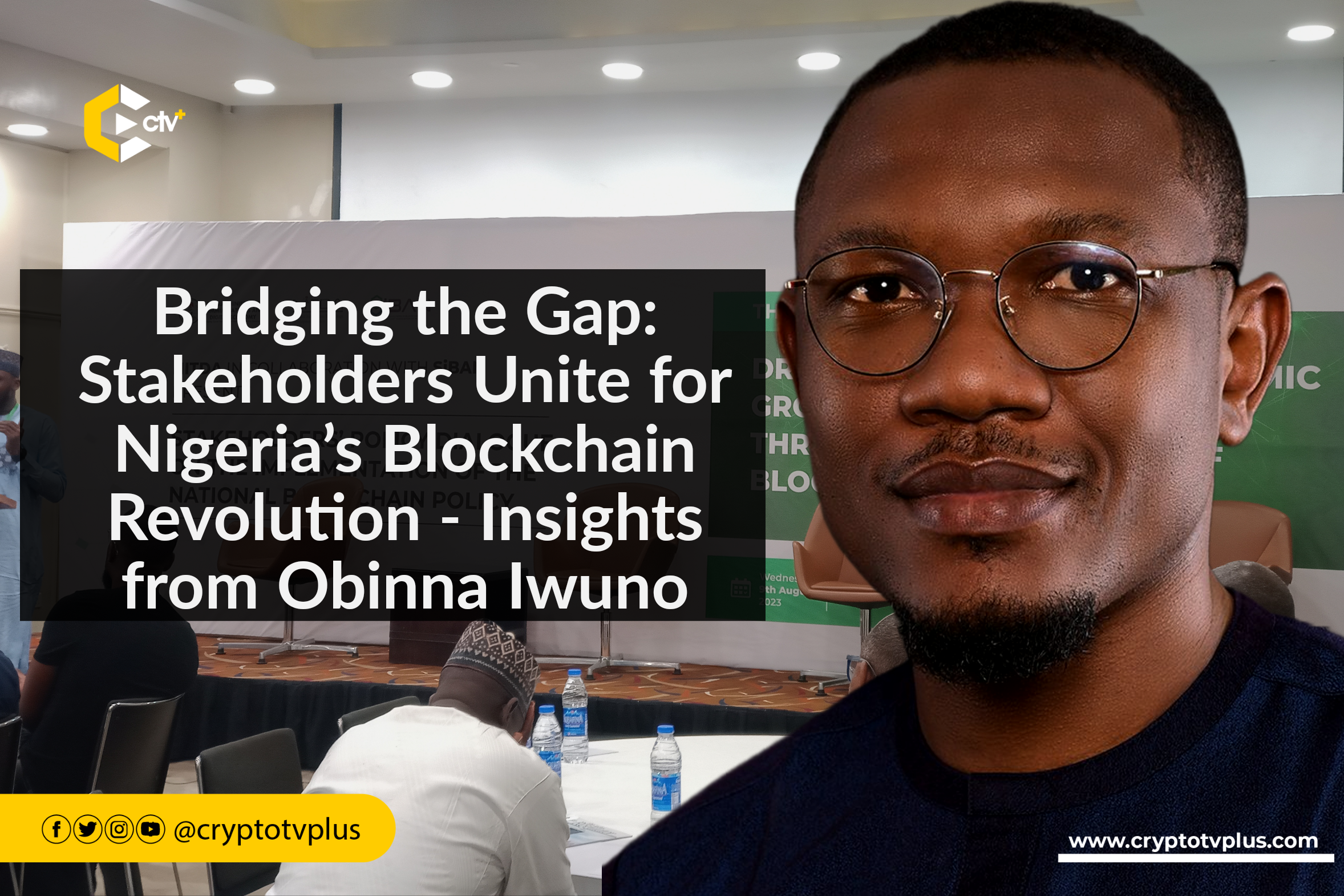
In an exclusive interview with Obinna Iwuno, the President of SiBAN (Stakeholders in Blockchain Technology Association of Nigeria), at the at the Stakeholder’s Policy Dialogue on the Implementation of the National Blockchain Policy organized by the NITDA in collaboration with SiBAN, we delve into the significance of the first-ever open dialogue between the Nigerian government and blockchain industry stakeholders.
This historic event marked a pivotal moment as various sectors converged to chart a collective path for progress and development.
Obinna Iwuno highlighted the remarkable achievement of bringing together stakeholders from diverse sectors under one roof. And according to him, the event marked the commencement of an open dialogue between the government and industry players, a remarkable step towards realizing a common vision for the greater good. The collective gathering symbolized unity and shared purpose, signifying a positive shift in Nigeria’s blockchain landscape.
As a key partner in the development of Nigeria’s national blockchain policy, SiBAN plays a pivotal role in shaping the country’s blockchain trajectory, he said. Mr. Iwuno mentioned SiBAN’s membership in the National Implementation and Steering Committee, underscoring their dedication to driving the policy’s effective implementation.
This collaboration between SiBAN, NITDA (National Information Technology Development Agency), and the Federal Ministry of Communications and Digital Economy reflects a united effort to harness blockchain’s potential for economic growth.
The Stakeholders Policy Dialogue, aims to lay the foundation for the implementation of the national blockchain policy according to the SiBAN President, and with the policy’s approval and launch, the focus has now shifted to executing its provisions.
Iwuno emphasized the proactive nature of this approach, stressing that the government is keen on adopting blockchain technology to stimulate economic growth, create job opportunities, and empower Nigeria’s youthful population.
While there are great opportunities, there are also challenges. To this, Mr. Iwuno candidly addressed the challenges faced by the blockchain industry, citing the absence of clear policies and regulations. These gaps, he said, have led to restrictions in conducting transactions and operating as legitimate entities.
The absence of a regulatory framework has hindered the industry’s potential and impeded its growth. Drawing a parallel to electricity, Iwuno aptly described blockchain as a powerful force with the potential to illuminate and empower various sectors.
Read also: NITDA committed to driving economic growth through blockchain technology



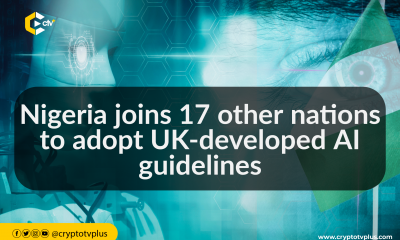

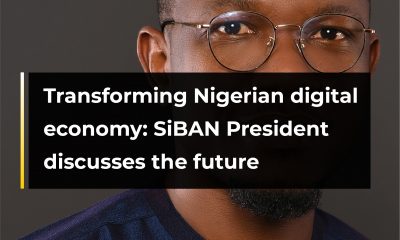





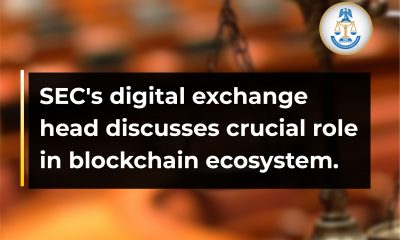

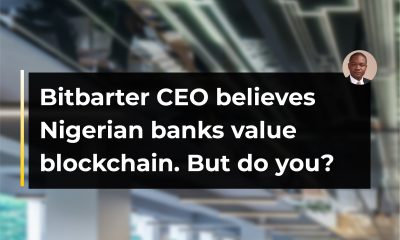











1 Comment